Japanese rhythm games: my new addiction
I've written previously about my love of Audica and Beat Saber but those aren't the only rhythm games I play. I used to be pretty good at Guitar Hero, and I've recently gotten into Stepmania. However, studying in Japan has introduced me to the magical world of Japanese arcade rhythm games, a new class of game that is threatening to consume all my money.
American "arcades"
Arcades in the U.S. kind of suck. In my experience they tend to be small, sketchy, and have a poor choice of games. You'll be lucky to get Pac-Man and Galaga along with a slew of low quality mobile games on giant screens.
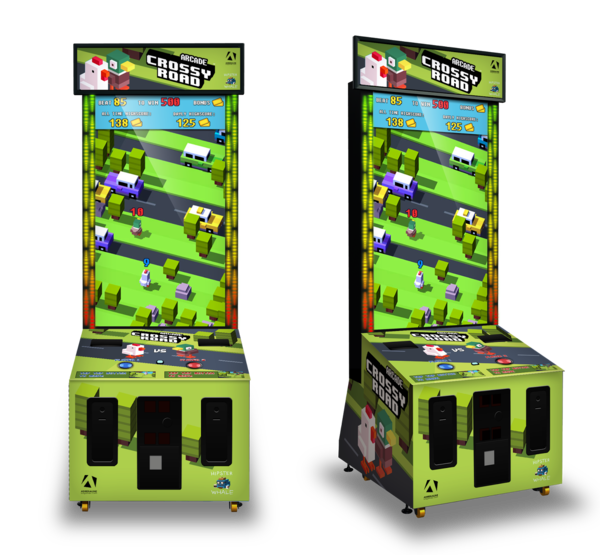
Most often you'll just get games you play for tickets, a kind of legalized gambling for children, rather than games that are fun enough to be worth spending money on for the gameplay alone.
Japanese arcades
Japan on the other hand has arcades down to a science. The first floor will usually be long rows of pachinko machines in a huge room that smells like smoke and sounds like a jet engine.
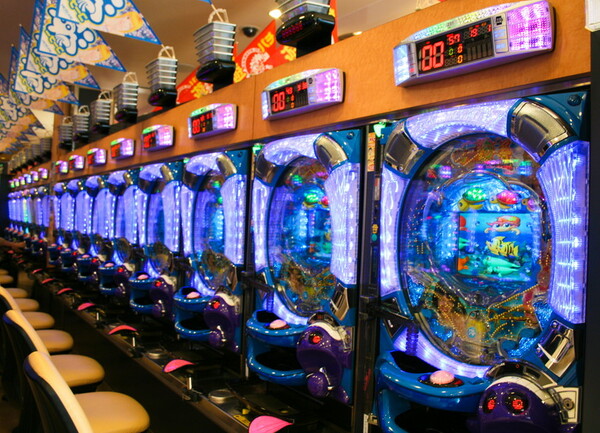
But beyond that first room designed to trap middle-aged businessmen with spare cash in a nostalgia-fueled gambling haze is the good stuff. While America's arcades have stagnated and died off since the 1970s, Japan's have continued to thrive.
There are a lot of reasons for this general trend, but I think the main one is the quality of the games. Japanese arcade game makers actually take advantage of the arcade format to design novel experiences you wouldn't be able to get anywhere else.
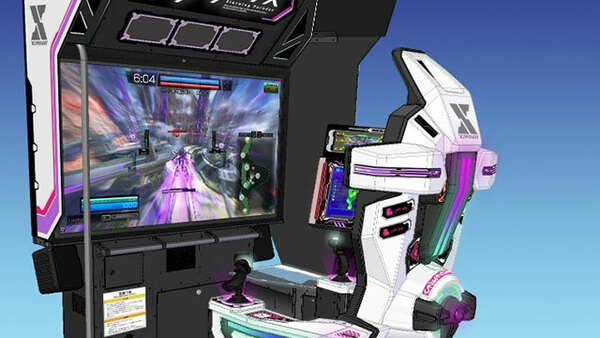
Arcade cabinets can have unique hardware that would be too expensive to sell to individuals, allowing for almost unlimited creativity in interface design. At Japanese arcades you can see tons of new and interesting ideas for gameplay that would be impossible anywhere else.
And that brings me to the best part of the Japanese arcade experience: rhythm games.
Rhythm games
Rhythm games are perhaps the genre most able to benefit from the freedom of input methods that arcades offer. They've always done well with novel control schemes like Beat Saber's VR swords and Guitar Hero's guitars, and arcade cabinets just bring more options.
Take Maimai, a rhythm game by Sega. Its cabinets look kind of like a washing machine, with a circular touchscreen on the front surrounded by eight buttons.
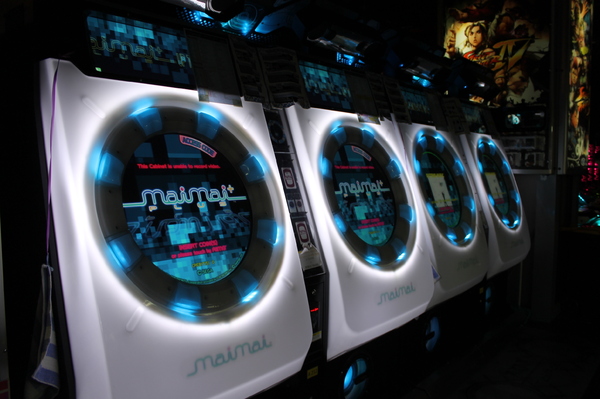
Or, for something more intuitive, Chunithm: a simple game in which you touch the correct notes on a piano-like touch screen in time with the music, but it also has motion sensors that allow for inputs such as raising your hands and hitting invisible notes in the air.
Chunithm is a personal favorite of mine, but the game I'd recommend the most is definitely Taiko no Tatsujin, a game about hitting taiko drums. There's something extremely satisfying about hitting giant drums to the beat of an anime or Touhou song, and it's very intuitive and easy to pick up even if you've never played a rhythm game before.
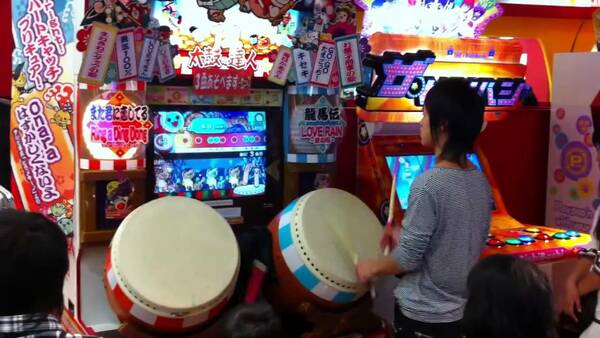
Most games even have a system where you can buy a contactless smart card (usually for around 300 yen) to keep track of your progress and high scores across multiple plays and locations. Unfortunately the market is not very unified and there's a different card for each manufacturer's games, so you'll have to pick which ones you like the most or buy multiple cards.
Although many of these games have official English versions for locales such as Hong Kong and South Korea, almost none of them are present in the U.S. Whether manufacturers think the American audience won't be receptive to these kinds of games or licensing issues prevent their export, it's extremely disappointing to think I might never get to experience these games again after I leave Japan.
I guess I'll just have to spend more time in arcades while I'm still here.